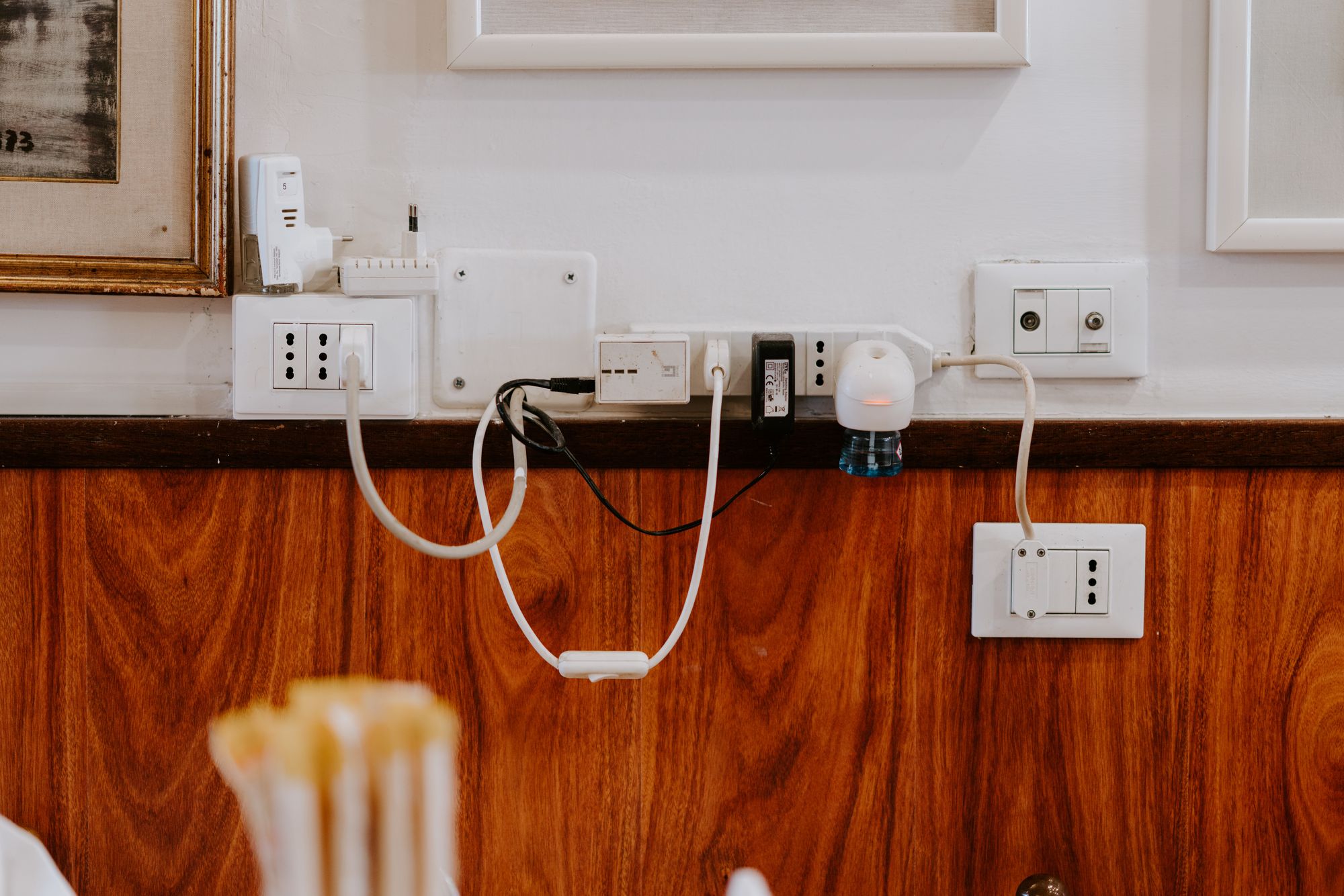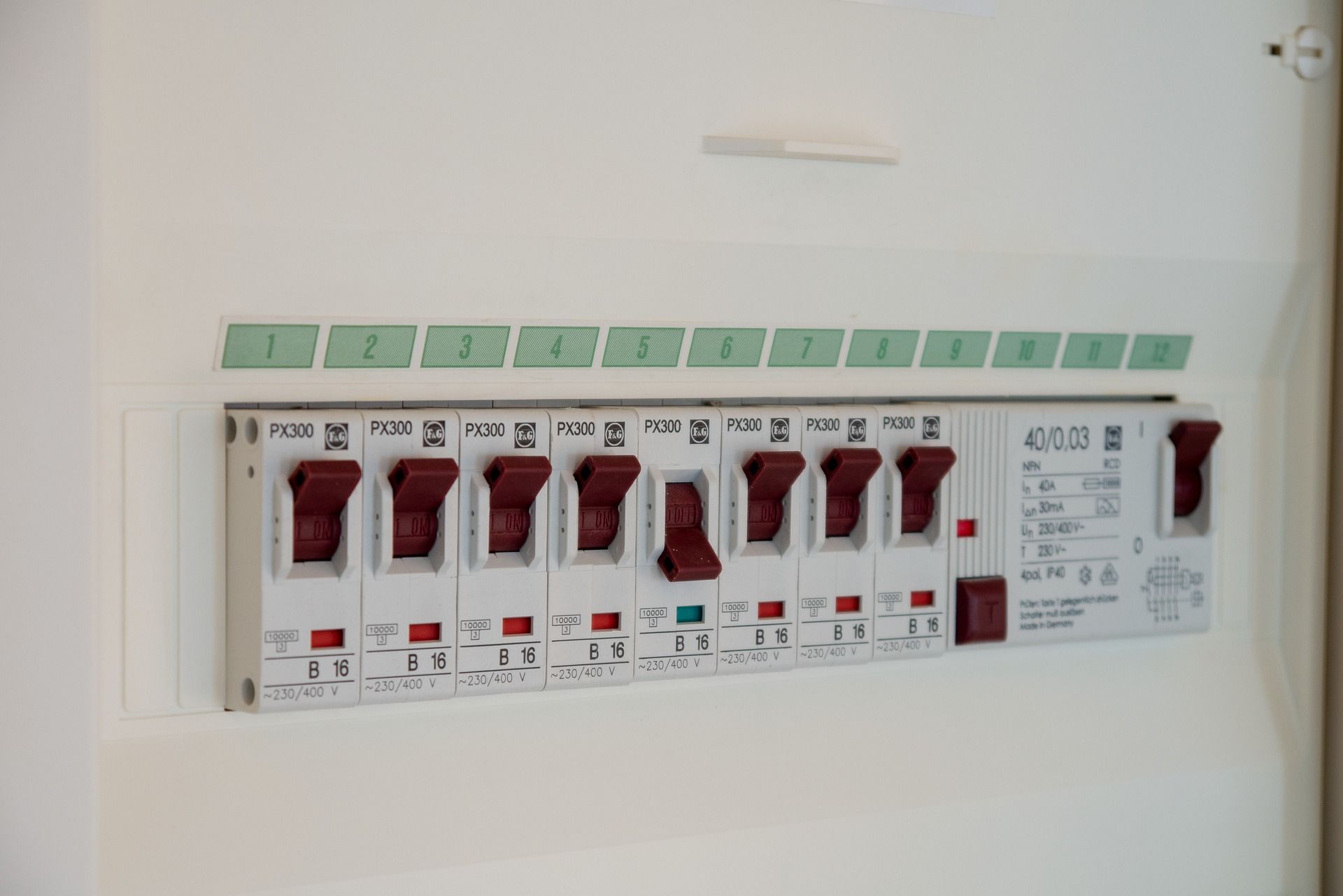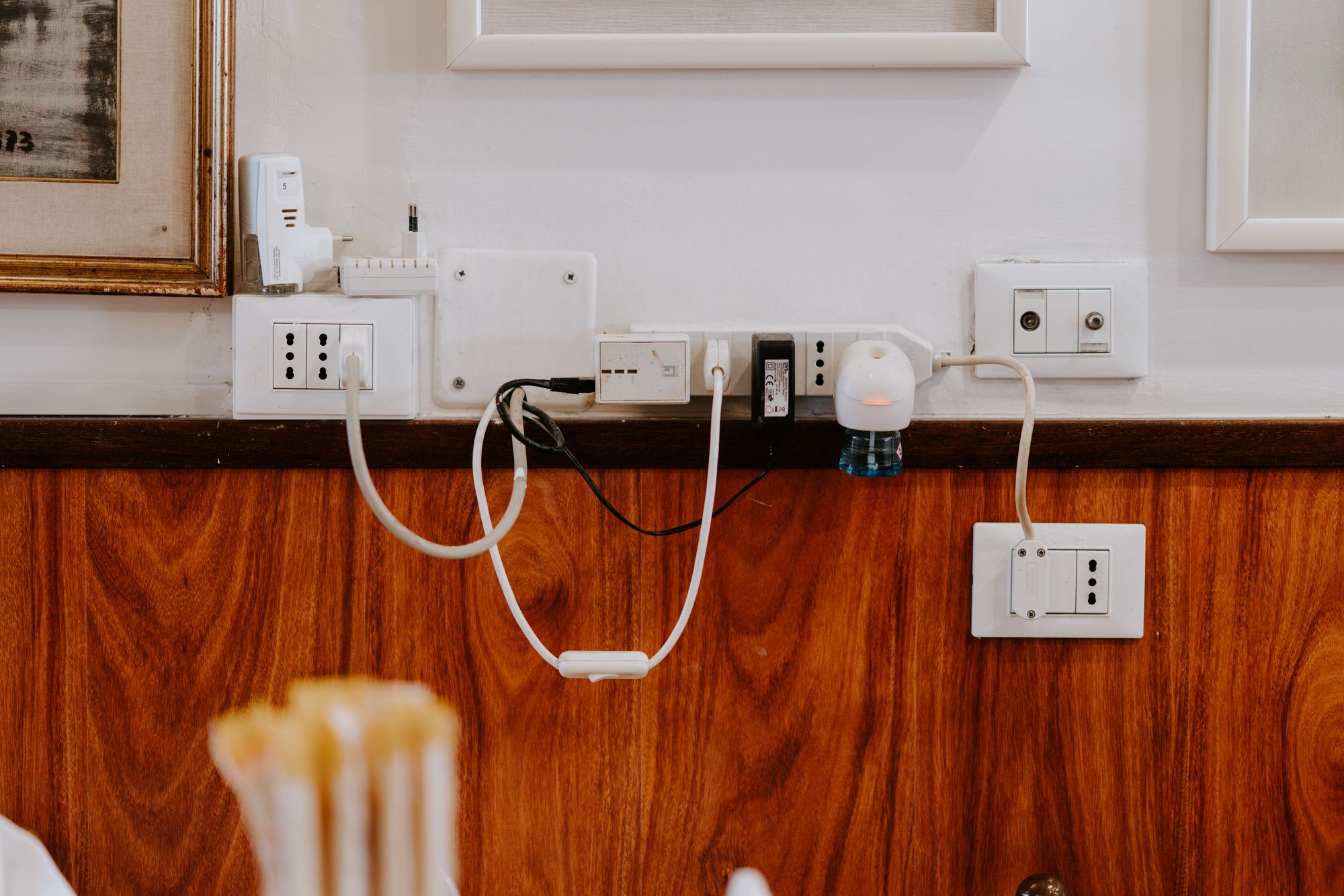
New Electrical Safety Standards in the private rented sector came into effect on 1 June 2020, exclusively for properties in England. These regulations must be followed for any new tenancy made from the 1 June 2020. Also, for any existing tenancies made before this date, checks must be completed before the 1 April 2021 deadline.
This update brings some much-needed guidance and regularity to how landlords and agents should ensure electrical safety in their properties, this being through regular inspections, tests and reports.
On paper, this update shouldn’t be a massive change as many agencies were doing regular checks anyway. However, there are valid concerns whether agents will be able to play catchup with electrical checks before the April deadline, especially if COVID-19 stays put in the new year.
Will we see an unmanageable backlog of electrician requests come the new year? We’re sharing our top tips for getting ahead with the new electrical safety standards.
How can letting agents stay compliant with the new Electrical Safety Standards?

As outlined on GOV.UK, landlords and agents must:
- Ensure every property is inspected and tested by a “qualified and competent person” at least every 5 years.
Tip no 1: Inform your existing tenants (before 1 June 2020) to gain permission to perform electrical safety inspections ASAP.
- Ensure national standards for electrical safety are met, as set out in the 18th edition of the ‘Wiring Regulations’.
- Obtain an Electrical Installation Condition Report (EICR) which gives the results and sets a date for the next inspection and test.The EICR will show whether the electrical installation is in a 'satisfactory' or 'unsatisfactory' condition and will detail a list of observations affecting the safety or requiring improvements.
Tip no 2: Save all of your EICR reports for each tenancy. This way you know when the last check was done, to ensure you stay compliant to the “every 5 years” rule.
- Supply a copy of the EICR report to the existing tenant within 28 days of the inspection and test, or if they are a new tenant, before they occupy the premises. Supply a copy of this report to any prospective tenant within 28 days of requesting the report.
Tip no 4: RentProfile can help automate this step for new tenants. Onboarding automatically distributes up-to-date legally required documents, including an EICR, sent straight to your new tenants upon signing the tenancy agreement.
- Supply the local authority with a copy of the EICR report within 7 days of receiving a request for a copy. Retain a copy of the report to give to the inspector and tester who will undertake the next inspection and test.
- If the report shows that remedial or further investigative work is necessary, work must be completed within 28 days or any shorter period if specified as necessary. Supply written confirmation of the remedial works to the tenant and the local authority within 28 days of completion of the works.
Tip no 5: To find a so-called “qualified and competent person” to inspect and test your properties, the electrical safety industry has provided guidance on finding your perfect match:
You can also ensure an electrician is “qualified and competent” by requiring that they sign a checklist certifying their competence, experience, whether they have adequate insurance, and a qualification covering the current version of the Wiring Regulations and the periodic inspection, testing and certification of electrical installations.
To see what these new checks will entail visit the GOV.UK page.
The COVID-19 Question: Can electricians enter tenants’ houses during COVID-19?

Yes, tradespeople including electricians are allowed to enter tenants’ properties during COVID-19, all regional tiers and during lockdowns, as long as they maintain social distancing. However, with many households shielding or self-isolating, tenants can refuse access at any point, so make this caveat clear to your tenants. “A landlord [or agent] is not in breach of their duty to comply with a remedial notice, if the landlord can show they have taken all reasonable steps to comply”, as explained on the GOV.UK page.
Tip no 6: Record all attempts (messages, texts, visits etc) to carry out these checks, in case evidence is needed further down, to avoid fines of up to £30,000.
Of course, many landlords and agents fear an impending backlog of electrical requests. Tenants are understandably wary of letting people from different households enter their homes at this time. Many agents are calling for a scrapping, or at least a postponing of the definitive April deadline for previous tenancies, to give agents and landlords more time to fulfil these checks in a COVID-19 safe and timely manner.
To find out how else RentProfile Onboarding can help to ensure compliance in your agency, alongside automatic sending of EICR reports, contact us at support@rentprofile.co or sign up for a free trial here.
Disclaimer: This blog post is intended for general information purposes and should not be construed as legal advice or official guidance.


